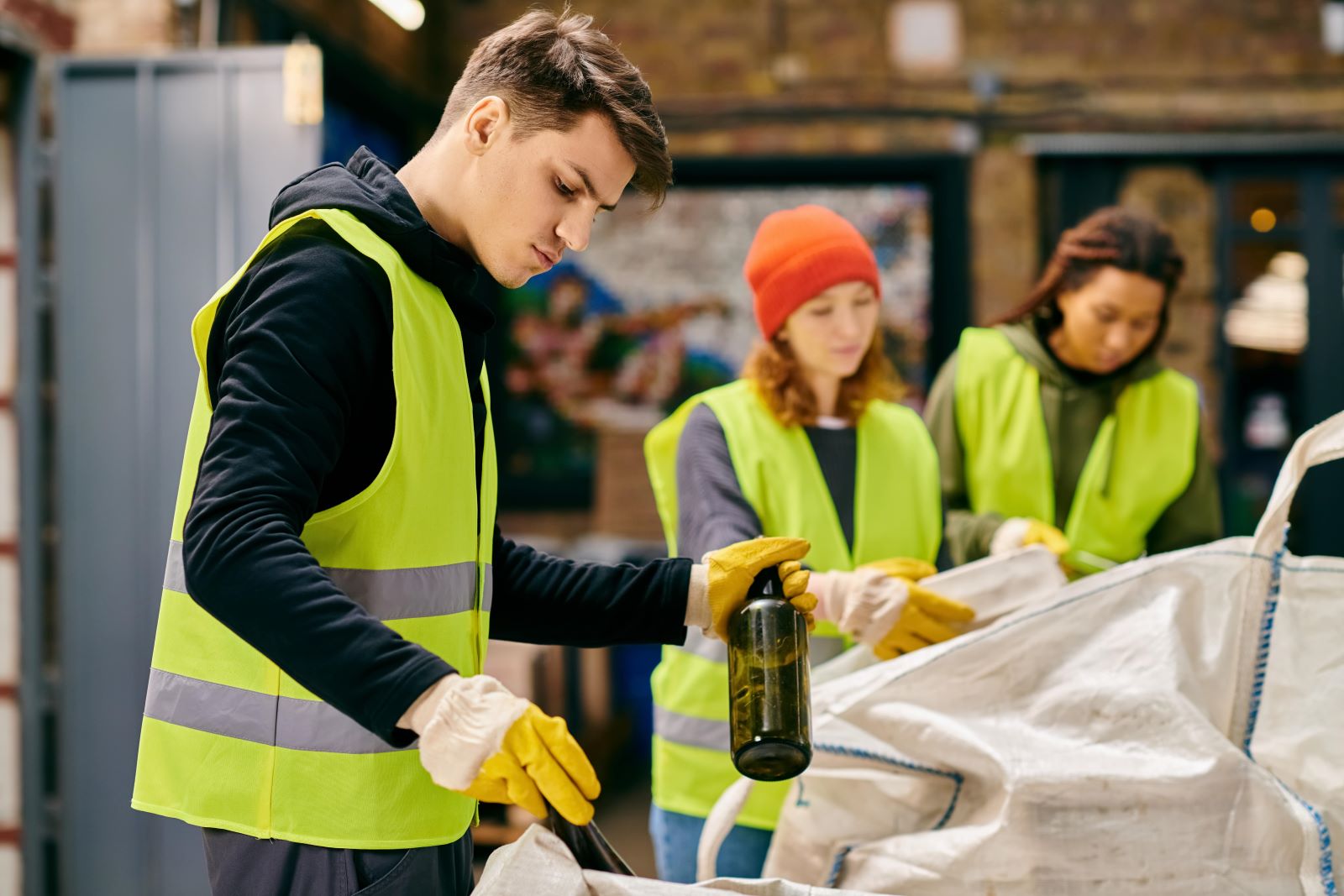Waste Disposal Companies in South Africa: Economics of Waste
The effectiveness of waste management procedures has a significant impact on the economic landscape for waste disposal companies in South Africa. A-Thermal delves into the intricate web of significant cost-saving benefits associated with recycling and reusing strategies tailored for businesses and municipalities. These practices not only bolster financial prudence by reducing operational expenditures but also exemplify a steadfast commitment to environmental stewardship. As we navigate the complexities of modern waste management, A-Thermal stands at the forefront, advocating for sustainable solutions that harmonise economic viability with ecological responsibility.
Economic Benefits of Recycling and Reusing
Recycling and reusing materials are integral components of sustainable waste management strategies. Beyond their environmental benefits, these practices offer compelling economic advantages. By diverting waste from landfills, businesses and municipalities reduce disposal costs associated with traditional waste management methods. Moreover, recycling materials like paper, plastics, and metals generates revenue through resale or incentivised recycling programs, further offsetting operational expenses.
Cost Reduction Through Waste Minimisation
Effective waste management involves minimising waste generation at its source—a principle that translates directly into cost savings. Implementing practices such as waste audits, source reduction techniques, and improved inventory management reduces purchasing and disposal costs. By identifying opportunities to reuse materials within operations or collaborate with recycling partners, businesses can streamline their waste streams and optimise resource utilisation.
Municipal Waste Management
Municipalities across South Africa exemplify the economic benefits of robust waste management practices. By investing in comprehensive recycling programs and promoting community participation, municipalities not only decrease waste disposal costs but also enhance local economies. The revenue generated from recycled materials supports municipal budgets, funds community initiatives, and strengthens the circular economy.
Calculating Return on Investment (ROI)
Quantifying the return on investment in recycling initiatives involves assessing both direct and indirect financial impacts. Direct benefits include reduced landfill fees, lowered transportation costs, and potential revenue from recycled materials. Indirect benefits encompass enhanced corporate social responsibility (CSR), improved brand reputation, and compliance with regulatory requirements. A thorough economic analysis considers these factors to determine the long-term viability and profitability of recycling programs for businesses and municipalities alike.
Waste-to-Energy Innovations
Emerging waste-to-energy technologies present additional economic opportunities for waste disposal companies in South Africa. Converting non-recyclable waste into renewable energy sources, such as biogas or refuse-derived fuels, reduces dependency on fossil fuels and mitigates greenhouse gas emissions. These innovations not only support sustainable development goals but also offer cost-effective alternatives to traditional energy sources, contributing to energy security and economic resilience.
Policy Implications
The economic viability of recycling and reusing hinges on supportive policies and incentives that prioritise sustainable waste management practices. Governments and regulatory bodies play a crucial role in fostering an enabling environment through subsidies, tax incentives, and legislative frameworks that promote waste diversion and resource recovery. Looking ahead, advancements in technology and evolving consumer behaviours are poised to further drive economic efficiencies in waste management, paving the way for a circular economy model in South Africa.
Effective waste management practices, such as recycling and reusing, are not only environmentally responsible but also economically advantageous for businesses and municipalities in South Africa. A-Thermal advocates for these practices as integral components of sustainable development, emphasising their capacity to generate cost savings, enhance operational efficiency, and foster economic growth.
Discover how effective waste management practices, like recycling and reusing, can significantly reduce costs while promoting environmental sustainability. Contact us today to learn more about optimising your waste management approach and harnessing economic benefits through sustainable practices. Together, let’s build a more resilient and resource-efficient South Africa.







